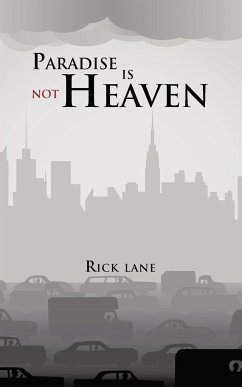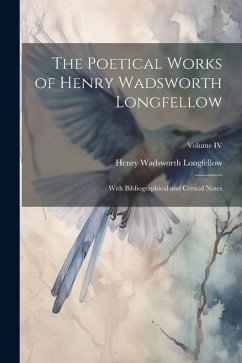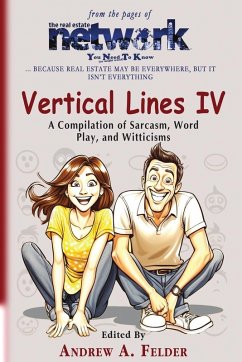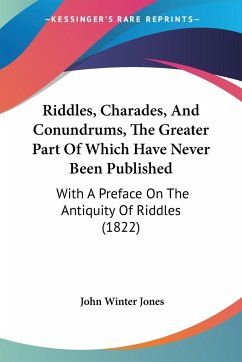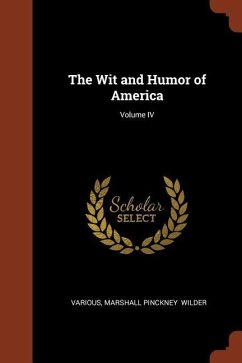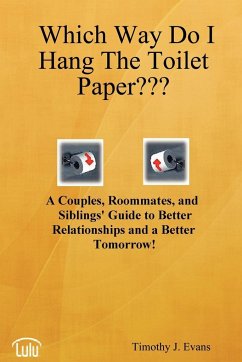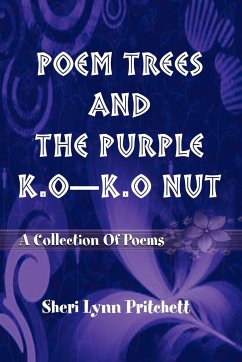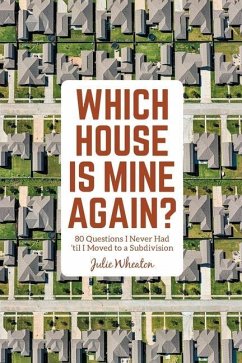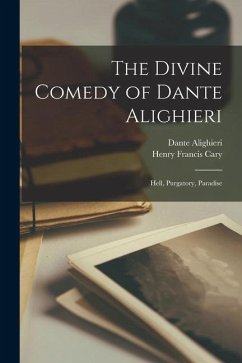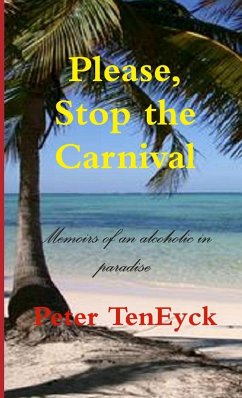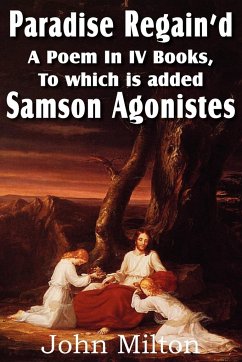
Paradise Regain'd, a Poem in IV Books, to Which Is Added Samson Agonistes
Versandkostenfrei!
Versandfertig in 1-2 Wochen
13,99 €
inkl. MwSt.

PAYBACK Punkte
7 °P sammeln!
Paradise Regain'd is a poem by the English poet John Milton, published in 1671. It is connected by name to his earlier and more famous epic poem Paradise Lost and deals with the Temptation of Christ. As implied by its title, Milton sets out to show the reversal of the loss of Paradise and that everything that was lost in the first epic will be regained by the end of the mini-epic. Paradise Regain'd also focuses on the idea of hunger, both in a literal and in a spiritual sense. After wandering in the wilderness for forty days Jesus is starved of both food and the Word of God. Satan tempts Chris...
Paradise Regain'd is a poem by the English poet John Milton, published in 1671. It is connected by name to his earlier and more famous epic poem Paradise Lost and deals with the Temptation of Christ. As implied by its title, Milton sets out to show the reversal of the loss of Paradise and that everything that was lost in the first epic will be regained by the end of the mini-epic. Paradise Regain'd also focuses on the idea of hunger, both in a literal and in a spiritual sense. After wandering in the wilderness for forty days Jesus is starved of both food and the Word of God. Satan tempts Christ with food, power and glory but Jesus continually denies him. Samson Agonistes draws on the story of Samson from Judges 13-16 in the Old Testament. The drama starts in medias as Samson has been captured by the Philistines, had his hair, the container of his strength, cut off and his eyes cut out. Samson Agonistes combines Greek Tragedy with Hebrew Scripture. Milton believed that Bible was better in classical forms than those written by the Greeks and Romans.





